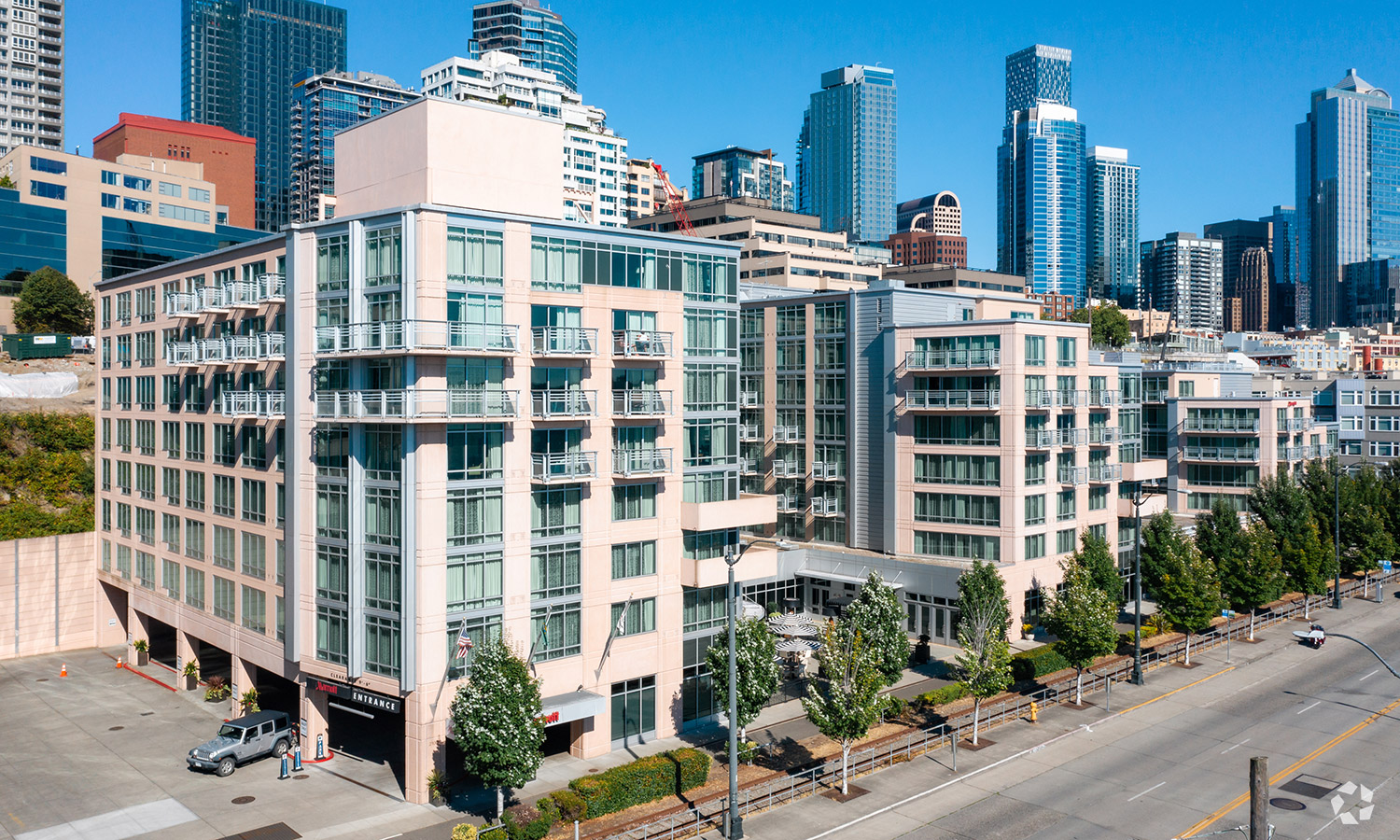A native Oregonian with 37 years of experience in the industry, Steven Klein established Kidder Mathews‘ Portland office nearly 15 years ago. It was the fifth outpost for the Seattle-based firm which now has 21 offices up and down the West Coast.
Klein has been the office’s managing partner all along, observing prodigious growth in local commercial real estate as he specialized in industrial and flex properties He’s helped develop more than 2.6 million square feet of industrial and business park space around the Portland metro area, while also orchestrating sales, leasing and property management.
Has the Portland region’s undersupply of industrial land for development worsened? The industrial land supply, which was already tight going into 2017, worsened significantly just in the last year. Two of the largest sites were Rivergate (Industrial Park) and Troutdale (Reynolds Industrial Park). Coincidentally, both of them are owned by the Port (of Portland) and they will be occupied by the new Amazon distribution buildings. Both of those buildings are approximately 1 million square feet, so Amazon alone made a serious dent in the absorption of industrial land. Then there’s a couple of other sites that had major speculative development. One of them is Glisan Corporate Park. That was a little over half-a-million square feet. Then Vista Logistics Park had 733,000 square feet. So those four transactions alone took up a significant part of the available industrial inventory. And then the inventory that’s remaining generally has many development challenges, including wetland mitigation, poor topography, poor soils conditions. There’s environmental contamination, and all of these things increase the development costs. Even though you hear reports of available industrial land still out there, what’s left is generally smaller sites and they’re very expensive to develop.
What can be done to improve this? Expansion of industrial land inventory doesn’t come without controversy. I tend to believe that expansion has come from where there’s been the least resistance by neighbors and communities, and those sites tend not to be the best location – they’re not adequately served by infrastructure and also proximity to freeways which are vital to industrial businesses. In my opinion, the best opportunities for expansion of industrial land would be Wilsonville, south to Salem. Of course, it’s not in the (urban growth boundary).
New federal tax law seems very favorable to commercial real estate owners. What impact might this have locally? Tax advisors are still analyzing how the new law will affect their clients who own real estate. The biggest thing it doesn’t do is eliminate the 1031 exchanges (allowing investors to sell a property, invest in another and defer capital gains taxes). There’s been some chatter over the past couple of years that this could go away, so preserving the 1031 exchanges was certainly a positive. Additionally, some of the depreciation and expensing options for owners of commercial real estate will be expanded, which will likely result in much greater reduction in companies’ tax bills. I think if anything they might hold onto properties longer. But really it’s all so new that nobody really has a good handle on it.
What are you expecting in terms of local sales activity? We’ve seen commercial real estate sales slow in almost all property types and it certainly isn’t for lack of demand but more of a difference between seller and buyer expectations on pricing. Up until recently buyers were seeing rising rental rates, strong demand and stable interest rates, but today net effective rental rates have started to decline, (there have been) some increases in vacant downtime and interest rates (are) moving upwards. So buyers are factoring these into their underwriting and it’s putting downward pressure on offering prices. But the sellers haven’t bought into it yet. There is super-strong demand for all asset types. I just boil it down to a disconnect between buyer and seller expectations.
How about leasing activity? Leasing continues to be active in all product types, especially for both office and industrial. Much of the net absorption will come from larger transactions, especially in the office (central business district) area. In industrial you have expansion in e-commerce companies like Amazon and food and beverage companies like Alpine Foods, which recently had a big expansion. Then also we’re looking for growth in what’s referred to as the reverse-logistics industry, handling the return items of e-commerce companies like Amazon. It is reported that one-third of all items purchased online are returned so there are these third-party companies that handle all of the return of these items. It’s a really growing segment of industrial space. In summary, I’d say that 2018 will continue to be a landlord’s market, especially for smaller industrial spaces.
For the full story, go to the Portland Business Journal.
©2018 American City Business Journals. All rights reserved.



